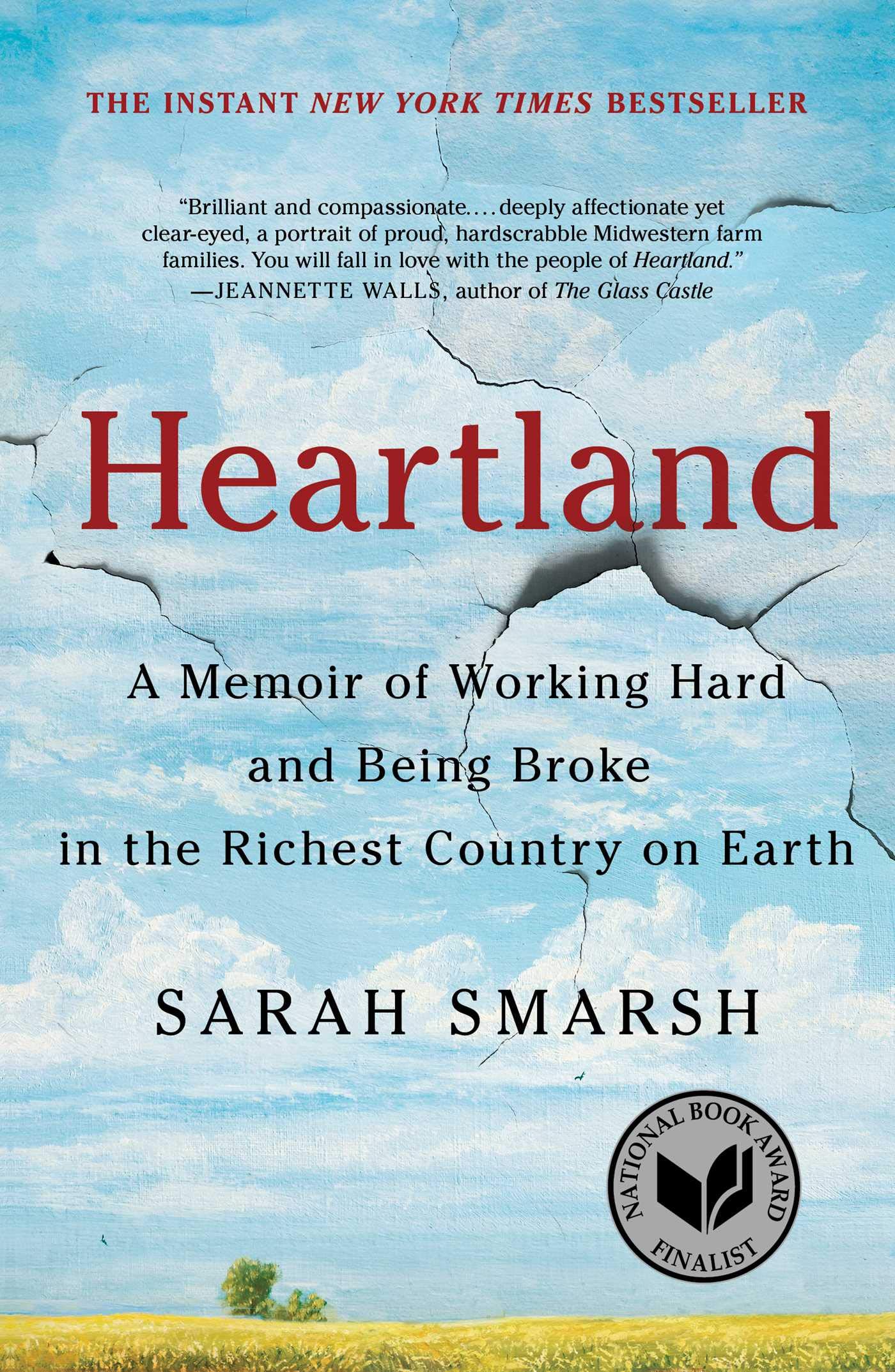NPR’s sites use cookies, similar tracking and storage technologies, and information about the device you use to access our sites (together, “cookies”) to enhance your viewing, listening and user experience, personalize content, personalize messages from NPR’s sponsors, provide social media features, and analyze NPR’s traffic. This information is shared with social media, sponsorship, analytics, and other vendors or service providers. See details.
You may click on “Your Choices” below to learn about and use cookie management tools to limit use of cookies when you visit NPR’s sites. You can adjust your cookie choices in those tools at any time. If you click “Agree and Continue” below, you acknowledge that your cookie choices in those tools will be respected and that you otherwise agree to the use of cookies on NPR’s sites.


Heartland Sarah Smarsh Quotes
“Heartland,” by Sarah Smarsh, is a memoir of family, a love letter to the child she never had as a teenager and an account of how poverty shapes a life without stability. It is a deeply researched account that follows four generations of her family – of young, single mothers across the windy plains of Kansas – and describes the economic.
Heartland Smarsh
- Smarsh's Heartland is a book we need: an observant, affectionate portrait of working-class America that possesses the power to resonate with readers of all classes.' - San Francisco Chronicle 'Combining heartfelt memoir with eye-opening social commentary, Smarsh braids together the stories of four generations of her rural red-state family.'
- Life in poverty is dangerous, Smarsh explains. She starts to tell stories about harm that befell her community, people dying in industrial farm equipment, her father's poisoning from his short employment transporting chemicals, and the worst part is that private health insurance wasn't an option for them.
- Journalist Smarsh explores socio-economic class and poverty through an account of her low-income, rural Kansas–based extended family. In her first book, addressed to her imaginary daughter—the author, born in 1980, is childless by choice—the author emphasizes how those with solid financial situations often lack understanding about families such as hers.




Comments are closed.